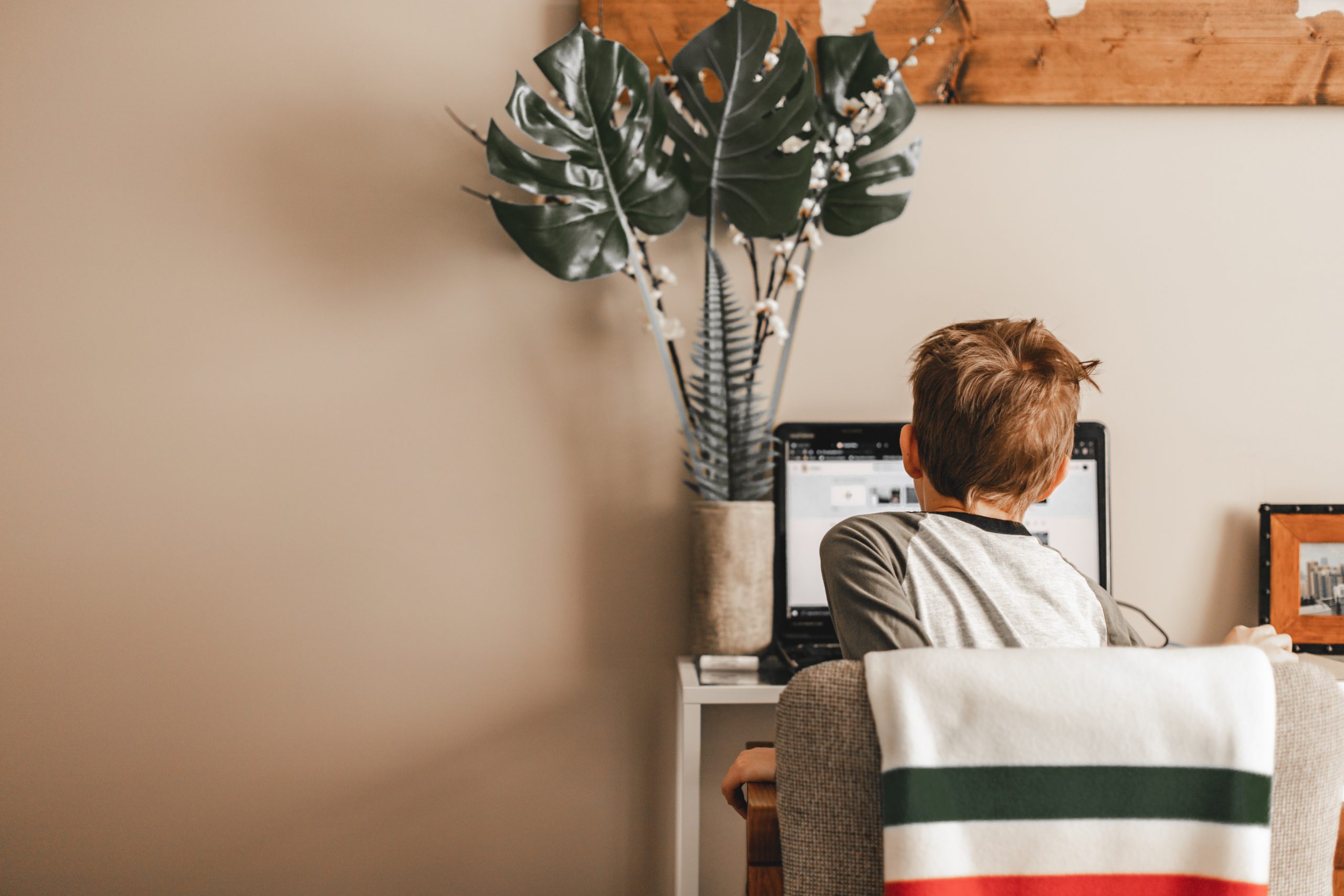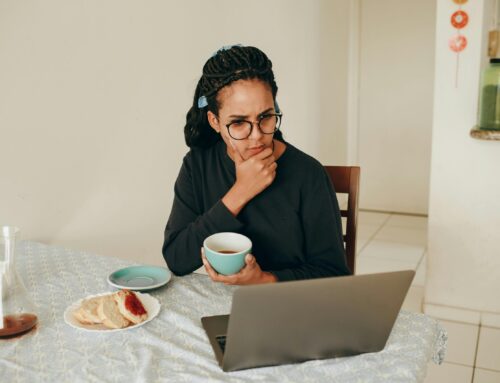The effects of the COVID-19 pandemic continue to drive an increase in homeschooling across the country. As we pointed out in April 2021, there was “a jump in U.S. homeschool households from 5.4% in spring of 2020 to 11.1% by the fall.” Nearly every day in my various Facebook homeschool groups I see a post from someone who just withdrew their child from public school and has started homeschooling in response to how their school is dealing with the pandemic.
Some of these new homeschoolers will return to public school in a year or two, but quite a few will discover how rewarding it is to have more time with their children and more control over their lives. These families will go on to become long-term homeschoolers.
A school district not far from where I live reported that for the 2020-2021 school year, student enrollment was 75,075 students, a decline of 5,815 students compared to 2019-2020. That decline was largely driven by COVID-19, according to the school district.
According to the National Center for Education Statistics, public school enrollment declined nationwide by 3 percent during 2020-2021, with some states seeing a decline of 4 to 5 percent. The public schools are feeling effects from this exodus of students.
Public schools derive a portion of their funds from having students in attendance. Fewer students enrolled mean less funding for the schools. I am becoming increasingly concerned that state education agencies and schools will seek more control over homeschooling in an attempt to regain lost students and revenue.
A second situation that can impact our homeschooling freedom may come from new homeschoolers who unwittingly put themselves and their fellow homeschoolers in the path of increased homeschool regulation by looking for tax breaks or credits to offset the expense of homeschooling. We all definitely feel the pinch of paying taxes to support public education while our expenses are increased purchasing curriculum and paying for other educational expenses.
But here’s the truth: Any time that we get something from the government, there will be some accountability required of us. The general principle is that we don’t get something for nothing. I much prefer to be allowed to homeschool without burdensome regulations and accept that the expenses of homeschooling are mine to bear.
It’s important for all homeschoolers to be aware of the history of homeschooling in our respective states and how fragile those homeschool freedoms are. We are all just one legislative session away from losing our freedom to homeschool. I encourage every homeschooling family to keep a watch on what is going on in their state during each legislative session and to get involved by writing or calling their representatives regarding education bills that come up.
How do we preserve and protect our homeschooling rights? First of all, we need to know our state homeschool laws so that we can comply with them and so that we can stand up against any attempt to infringe upon them. Secondly, we need to support national, state, and local homeschool organizations that monitor challenges to homeschool laws.
Some of the most well-known national homeschool organizations are:
- The Home School Legal Defense Association (HSLDA) which, among other services offered, has a legislative action center that lists current challenges to homeschooling or issues of interest to homeschool families
- The National Homeschool Association (NHSA) which works to assist in the organizing, coordinating, and advancing of the homeschooling movement for the benefit of all homeschoolers
- The National Home Education Research Institute (NHERI) which focuses on homeschooling research, homeschool facts, and in-depth scholarly articles.
An internet search for your state’s homeschool organization will provide you with their information and most state organizations maintain a database that lists local organizations in their state. Facebook is also another useful tool in locating local, state, and national groups so that you can stay connected and informed.
Knowledge is power. While we are educating our children, it’s imperative that we also educate ourselves to protect our homeschooling freedoms for ourselves and future generations of homeschooling families.








Leave A Comment